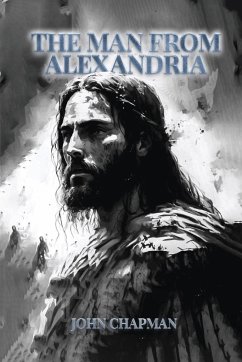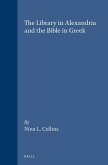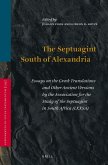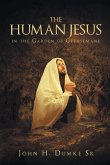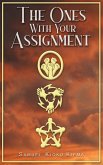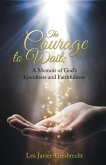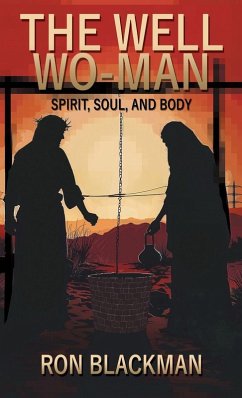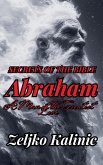Who was Jesus? A bishop recently used His biography to illustrate a good theological point when he described Him as 'an uneducated man from Nazareth, son of a poor carpenter named Joseph who preached in several synagogues'. The implication is that all the wisdom Jesus exhibits comes from God who would surely have informed Him of modern technology, whereas Jesus clearly demonstrates a detailed knowledge of Alexandrine philosophy. Then why would a poor carpenter make a long journey to Bethlehem to register for Roman taxation? The Roman taxation system depended upon identifying wealth and grabbing a portion of it. In this book we try to answer these conundrums by looking at the New Testament and attempting to separate myth from history. We arrive at the almost inevitable conclusion that Jesus was the son of Joseph of Arimathea, a wealthy merchant of Alexandria, received His education at the best of institutions of the time and married Mary Magdalene to qualify to speak in a synagogue. We use the text of the King James version and try to compare different accounts of the same incidents to see how the Christian Church came to be.
Hinweis: Dieser Artikel kann nur an eine deutsche Lieferadresse ausgeliefert werden.
Hinweis: Dieser Artikel kann nur an eine deutsche Lieferadresse ausgeliefert werden.

